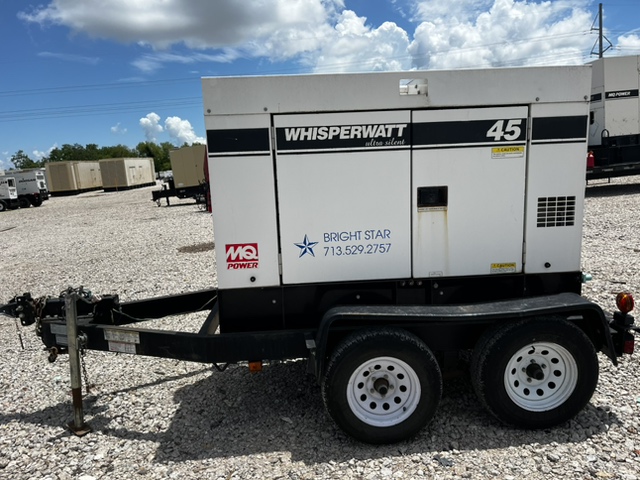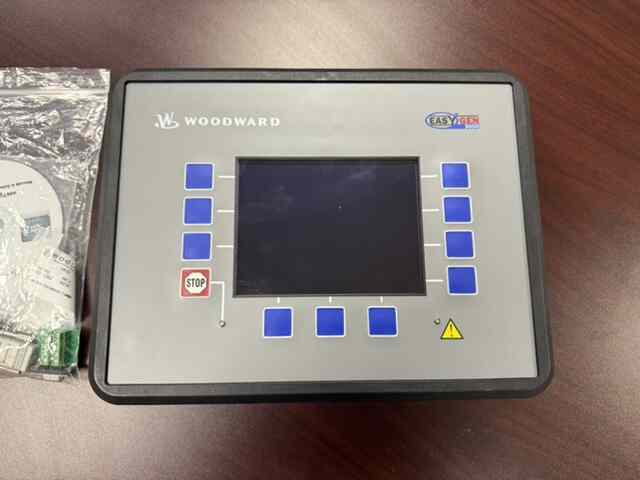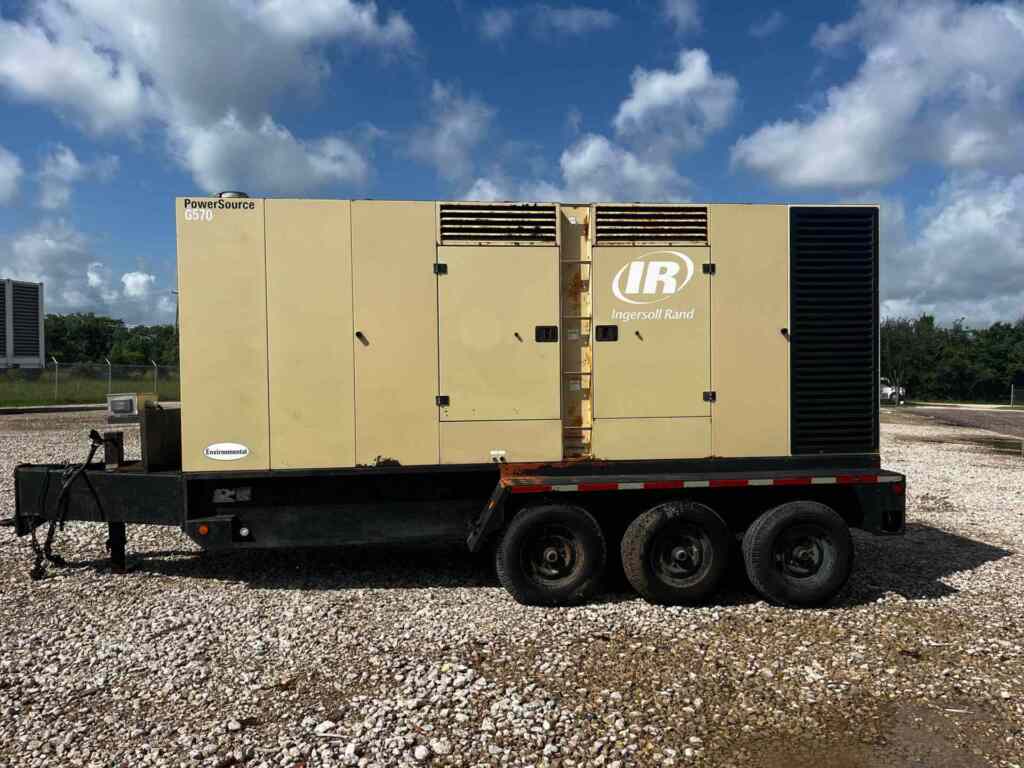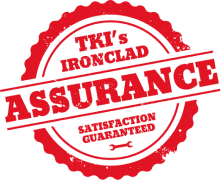Fuel consumption is one of the most closely monitored factors in generator operations. Yet, a less visible issue continues to affect performance, emissions output, and fuel costs: unused or unutilized fuel. While the generator may appear to run smoothly, small inefficiencies in fuel combustion can result in measurable environmental and economic consequences. Businesses relying on backup and standby power systems should understand how this overlooked factor impacts compliance and operating budgets.
How Unused Fuel Develops in Generator Systems
Unused fuel, sometimes called unburned hydrocarbons, refers to fuel that enters the combustion chamber but fails to ignite fully. This condition is often caused by incomplete combustion, poor fuel-to-air ratios, degraded injectors, or inconsistent load levels. As a result, raw fuel particles exit the generator exhaust system without contributing to power generation. These particles can settle in filters, escape into the air, or burn off inefficiently in later cycles.
In diesel generators, this issue can become more pronounced during low-load conditions, where the engine operates below its designed capacity. These “wet stacking” conditions lead to fuel accumulation in the exhaust system, increasing maintenance needs and reducing long-term efficiency.
Why Generator Efficiency Matters More Than Ever
As environmental regulations tighten across states like Ohio, California, and Texas, generator efficiency is no longer just a maintenance metric. It plays a direct role in regulatory compliance and operational approval. Excess emissions resulting from unutilized fuel not only violate local air quality standards but also shorten the generator’s lifespan and increase fuel waste.
Recent developments, including a new executive order that may challenge certain state-level climate laws, are adding uncertainty to how emissions rules will be enforced across jurisdictions. This shift signals that while federal oversight may shift, many states are likely to strengthen their local enforcement. Businesses operating generators must proactively improve efficiency to stay within current and future compliance thresholds.
Generator efficiency is measured by how effectively the system converts fuel energy into electrical power. Anything that disrupts the combustion process lowers the efficiency score, which ultimately impacts emissions reporting and fuel costs.
Excess Emissions: A Silent Compliance Risk
When fuel waste increases, so do emissions. Unutilized fuel emits higher levels of carbon monoxide (CO), particulate matter (PM), and unburned hydrocarbons (HC), all of which are tightly regulated by state and federal emissions laws. In many industrial zones, excess emissions from generators must be tracked and reported through permitting systems.
Failure to meet permitted emissions thresholds can result in:
- Permit violations or revocation;
- Fines or compliance fees from local environmental authorities;
- Inspection delays and project shutdowns; and
- Ineligibility for federal incentives or Tier compliance.
Facilities that rely on backup generators during outages or as peak-shaving units are particularly vulnerable. These generators may operate under intermittent loads or sit idle for long periods, creating ideal conditions for fuel inefficiency and buildup.
Identifying Fuel Waste in Generator Operations
Detecting unutilized fuel is not always obvious without diagnostics. Common signs include visible black smoke from the exhaust, higher-than-expected fuel consumption, carbon deposits in the exhaust system, or fouled injectors.
Businesses can take the following steps to monitor and reduce fuel waste:
- Schedule regular load testing under full-load conditions.
- Inspect fuel injection systems and replace worn components.
- Use fuel additives approved by engine manufacturers to improve combustion quality.
- Avoid prolonged low-load operation to prevent wet stacking.
- Invest in generator systems with integrated emissions controls.
Economic Impact of Fuel Waste
Aside from regulatory concerns, fuel waste impacts operating costs. Even marginal inefficiencies can result in thousands of gallons of wasted fuel over time, especially in large-scale industrial facilities. For operations running 500 kW to 2000 kW generators, a 3–5% efficiency loss due to unutilized fuel can mean significant annual expenses.
In sectors where fuel is delivered and stored on-site, such as construction, aquaculture, and rural health systems, wasted fuel also affects planning and logistics. Fuel delivery schedules may tighten, emergency reserves may run low, and maintenance intervals may become shorter.
Industry Sectors Most Affected
Businesses that rely heavily on generator uptime or off-grid power are at the highest risk for inefficiency-related issues. These include:
- Hospitals and critical care facilities.
- Oil and gas exploration sites.
- Water treatment and pumping stations.
- Agricultural processing plants.
- Data centers and communications hubs.
For these industries, a focus on generator efficiency and fuel management is not only good practice; it is mission-critical.
Technology and Tools to Reduce Emissions
Advances in generator technology now offer better control over combustion and emissions output. Features such as variable injection timing, digital fuel controls, and integrated emissions filters help reduce fuel waste at the source. Load bank testing equipment can simulate full-capacity conditions to burn off excess fuel and clean out carbon deposits.
Additionally, Tier 4 Final generators, which use selective catalytic reduction (SCR) and diesel oxidation catalysts (DOC), are designed to meet modern emissions standards without fuel loss. However, older Tier 1 and Tier 2 units may require more manual oversight to maintain performance and stay compliant.
Operational Best Practices to Limit Unused Fuel
Companies managing fleets of standby or trailer-mounted generators should consider implementing the following best practices:
- Match generator size to actual load demand to avoid low-load operation.
- Conduct bi-annual load bank testing for standby systems.
- Track fuel usage and emissions output as part of routine inspections.
- Train technicians on recognizing the signs of inefficient combustion.
- Use OEM-approved parts to maintain combustion integrity.
Turnkey Industries: Your Partner in Generator Efficiency
Generator performance and compliance depend on more than the brand or fuel type. They rely on preparation, inspection, and operational knowledge. At Turnkey Industries, we provide pre-owned industrial generators that are thoroughly inspected, tested, and prepared to minimize fuel waste and support long-term efficiency.
Our inventory includes:
- Tier-rated diesel and natural gas generators from 15kW to 2000kW.
- Units with verified low operating hours and detailed service records.
- IronClad Certified equipment that undergoes load bank testing and full diagnostics.
- Support for standby, prime power, and trailer-mounted applications.
- Knowledgeable staff to help you choose fuel-efficient units for your needs.
If your facility is ready to upgrade from outdated, inefficient generators or you’re expanding operations and want to reduce emissions from the start, Turnkey Industries is your go-to supplier. Explore our current inventory today and take the next step toward reliable, efficient, and compliant power generation.

 Turnkey Industries offers a variety of high-capacity
Turnkey Industries offers a variety of high-capacity 





